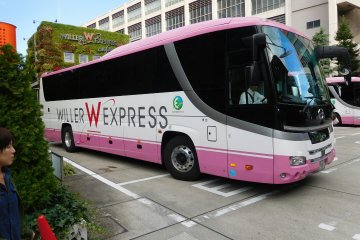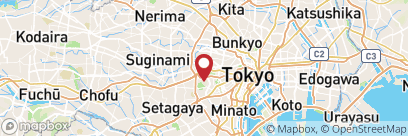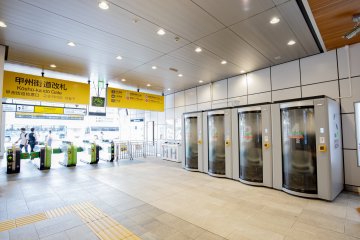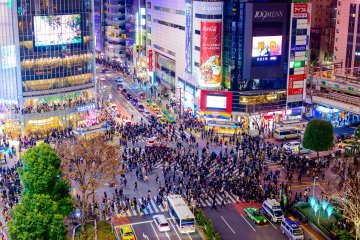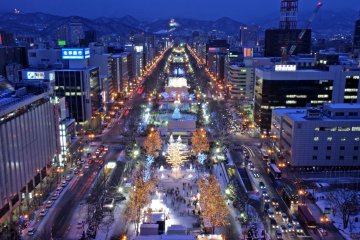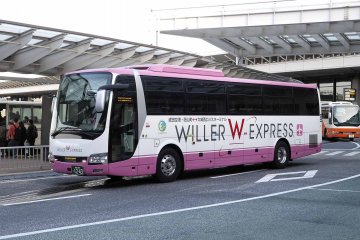One of the great dilemmas all foreigners face in traveling to Japan is the cost of transportation. With a one-way train ticket from Tokyo to Kyoto costing 13,080 yen ($130), most will immediately start researching alternative modes of transportation. However, travelers do not despair. Both major bus and rail networks provide multiple day-passes making travel more economical and convenient.
As every holiday itinerary to Japan is different, it is impossible to prescribe a universal best bet option. However, the following diagnosis should assist you in being able to choose the pass that suits you and your budget the best.
Overview
The two major passes on offer are the JR Rail Pass and the Willer Highway Bus Pass. The JR Pass allows for unlimited travel on all JR lines nationwide for the length prescribed by the purchased ticket. The length of the ticket is in consecutive days meaning that if you purchase a seven-day pass it will expire seven days later.
The Willer Bus Pass allows for nationwide coverage between all major cities. The bus pass is a little bit different and can be purchased for three or five days. Each day is denoted a traveling day and one can book up to three buses on each of those traveling days.
So theoretically, one could travel from Aomori - Tokyo, Tokyo - Osaka, or Osaka - Hakata with only one day of the bus pass. Importantly the bus pass is valid for two months from the date of purchase and does not have to be used consecutively.
Cost
Both passes offer varying ticket lengths, with the JR Pass being considerably more expensive than the Willer Pass.
Additionally, it should be noted that many Willer Bus services travel through the night, allowing budget sensitive travelers to save on nightly accommodation.
JR Ordinary Pass 7 Days ¥29,110 (~$291 USD) 14 Days ¥46,390 (~$463 USD) 21 Days ¥59,350 (~$593 USD)
Willer Bus Pass All Days 3 Days ¥12,500 (~$125 USD) 5 Days ¥15,000 (~$150 USD)
Efficiency
The JR pass which includes all JR local lines and Shinkansen Services (except Nozomi and Mizuho trains) is extremely efficient and perfect for those with limited time in Japan.
For example travelers on the Hikari Shinkansen (covered by the JR Pass) can expect to reach Kyoto from Tokyo in 2 hours and 40 minutes. An equivalent trip with Willer bus can be expected to take around 8 hours.
The JR pass is also valid for use on all JR local lines making metropolitan travel more efficient as well.
As far as travel delays go, both are generally very reliable however travel on the Willer Bus is always dependent on road congestion and seasonal weather conditions.
Comfort & Aesthetics
There is nothing quite like steaming through the Japanese countryside on a Shinkansen "bullet train" service. The train is comfortable with most modern amenities and in many cases the passing scenery is supreme.
As far as buses go, the Willer bus is as advanced as any. In most cases the seat reclines to 140°, blankets are supplied and a small flap folds over one's head for extra privacy.
Verdict
Ultimately for those without a budget, a JR pass is more efficient, comfortable and enjoyable than the Willer equivalent.
However, for a significantly lesser price, Willer offers tourists a fantastic inter-city connection that for the most part is comfortable and reliable. The Willer bus pass is perfect for those with more time in Japan ( 2-month pass validity ) and has the luxury to experience Japan at their own pace.
The JR pass is a perfect way for those with limited time and a healthy budget; allowing for quick intercity transportation and a degree of metropolitan coverage.
Ultimately, it’s up to you to decide which will best fit your itinerary.



